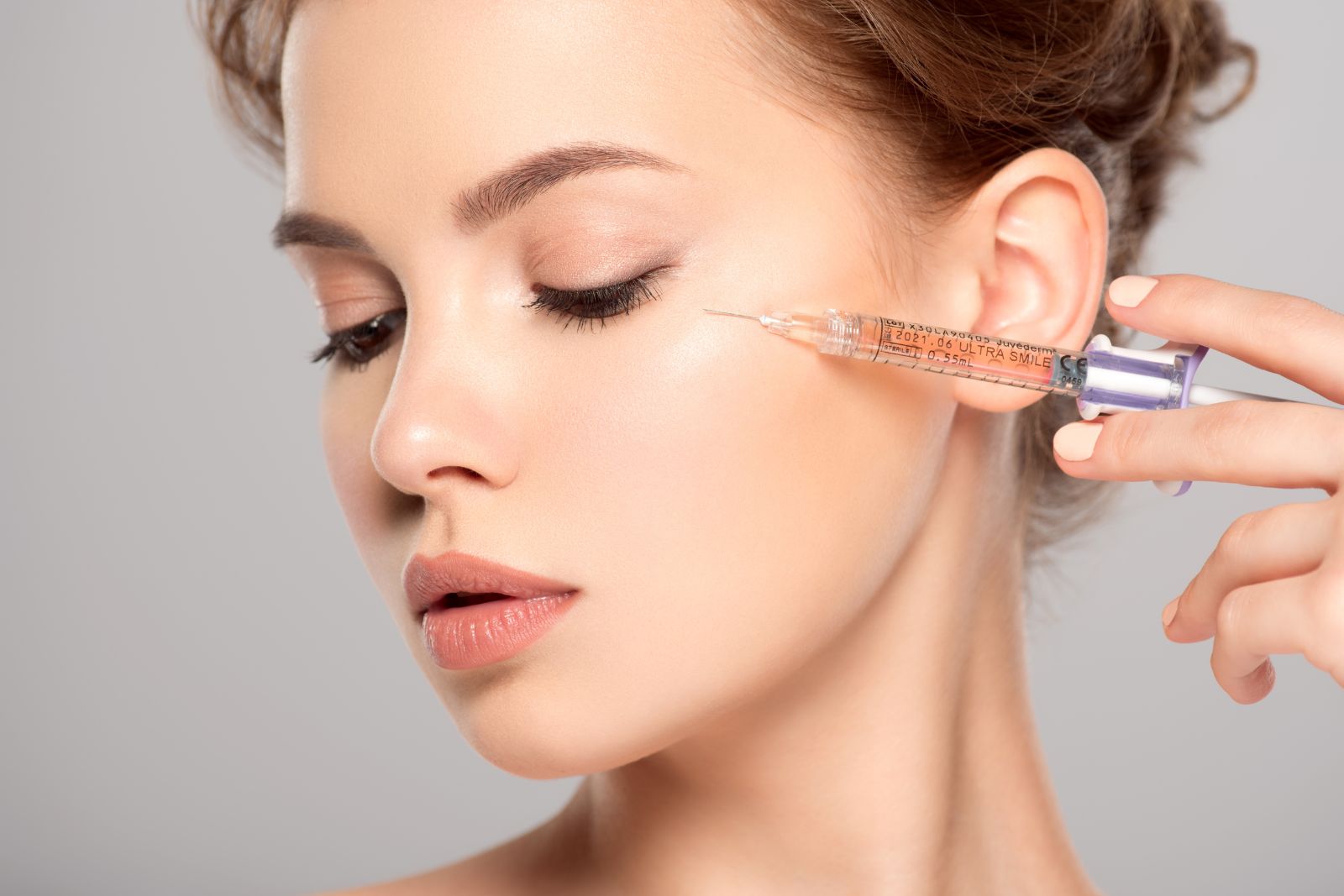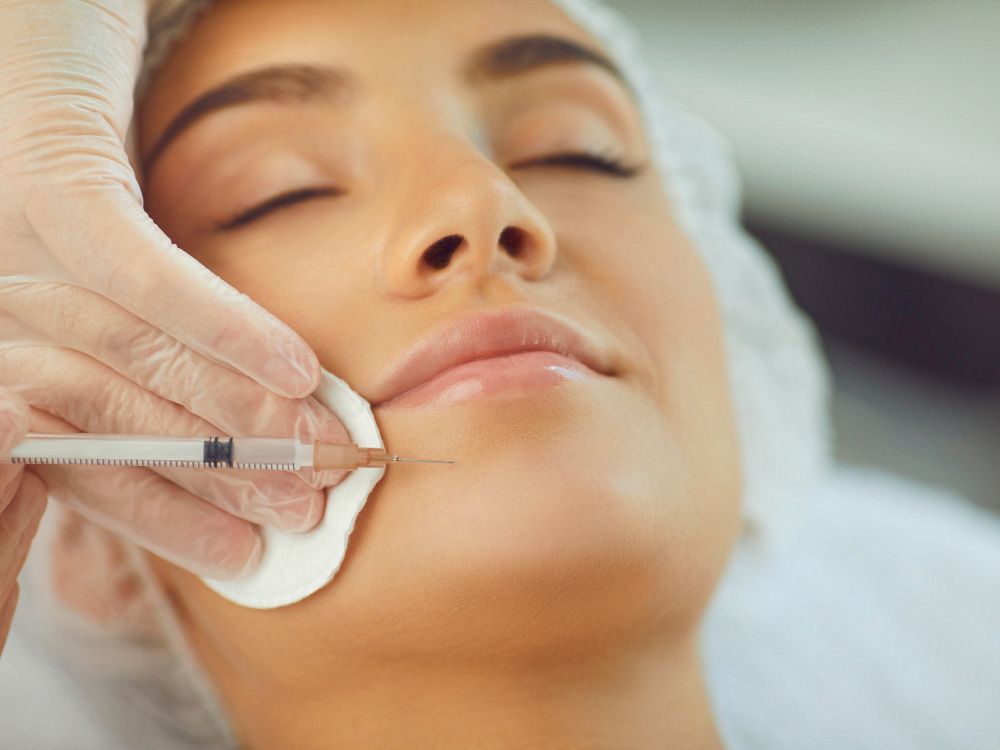FAQ
Most frequent questions and answers
Once injected into the skin, Revanesse works by attracting water molecules to itself, which helps to increase its volume and create a more youthful-looking appearance. The results are immediate, although it can take several days for any swelling or bruising from the injections to fully subside. In addition to filling in lines and wrinkles, Revanesse can also be used to add volume to areas like the cheeks or lips.
The healthcare provider will use a fine needle to inject small amounts of Revanesse into the targeted areas of the face. The number of injections and the amount of product used will depend on the individual’s needs and goals.
Since Revanesse is a nonsurgical treatment, the risk of side effects is minimal. However, after the injections, you may experience some redness, swelling, or bruising at the injection site. These side effects are usually mild and temporary and can be managed with ice or over-the-counter pain medication.
The results of Revanesse treatment are typically visible immediately after injection, with the full effects becoming more apparent in the days following treatment. The results can last several months, depending on the specific formulation and treatment area.
Overall, Revanesse treatment is a relatively quick and minimally invasive procedure, with most people able to resume their normal activities immediately following treatment.
In terms of safety, Revanesse has been extensively tested and approved by regulatory agencies around the world. The hyaluronic acid in Revanesse is a naturally occurring substance that is found in our own bodies, making it safe and well-tolerated by most patients. However, as with any injectable treatment, there may be minor side effects such as redness, swelling, or bruising at the injection site.
In one clinical trial, Revanesse was compared to a control filler in a double-blind study involving 40 patients. The study found that Revanesse was safe and effective in reducing the appearance of wrinkles and fine lines, with no serious adverse events reported.





